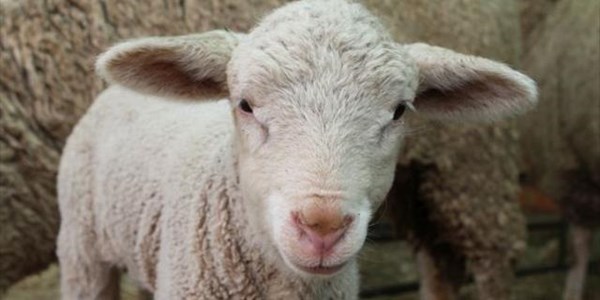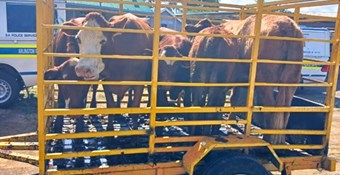Agriculture
Protozoa could be behind deaths of thousands of calves and lambs─── SABRINA DEAN 14:39 Wed, 07 Dec 2016

Clocolan - Thousands of lambs and calves have been dying in parts of central South Africa and KwaZulu-Natal area over the last three years due to what veterinarians believe is a multi-factor disease.
Clocolan based veterinarian Dr Liezel Wasserman says one of the contributing factors could be the presence of a protozoa known as Cryptosporidium. She says vets are still trying to understand exactly what the impact is:
“Cryptosporidium is a protozoa that establishes itself in the small skin folds in the intestinal canal where it then produces sporozoites, which is basically small eggs or spores that are released.
“We don’t really understand yet how this fits into the diarrhoea context, but in most of the lambs and calves we are now finding Cryptosporidium, which never used to be the case.”
Commenting on how this relates to E. coli infections, she says says any animal will have a certain amount of E. coli present among its gut flora. The problem, though, is that young immune systems can’t cope with an abundance of bacteria such as E. coli, Clostridium and Salmonella:
“We believe that in a young animal with an immune system that is not yet mature, the Cryptosporidium makes the animal more vulnerable to heightened levels of bacteria such as E. coli.
“We also see it with Salmonella and Clostridium. All three of those are bacterial infections that then eventually lead to the death of the calf (or lamb).”
She is urging farmers to liaise closely with their veterinarians in the event of a diarrhoea-related disease. It is also critical to keep the animals hydrated as this is the main cause of death.
She says it is also important that samples are collected from the part of the intestinal tract known as the ileum as this is where the Cryptosporidium is generally detected.
OFM News followed up on the situation after receiving information from a farmer who lost about 70 lambs in the last few weeks.
- OFM News













